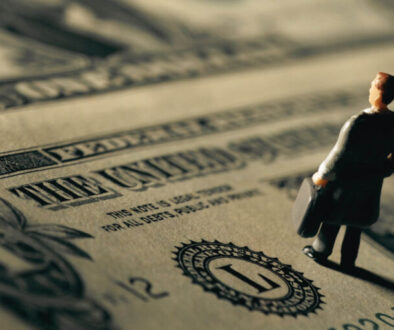How the Economy Is Changing the Way We Shop
Modern trends are shifting the economic realities, with primary areas of change identifying the new consumer behavior as it relates to food retail and dining services. In a survey conducted among 2,000 consumers by Goldman Sachs, 52% said that the primary reason they switch retailers is price. This is somewhat of a change, as more individuals—high and low-wage earners alike—are looking to find value like Walmart.
Prior to these vectors of economic change, Walmart was more or less viewed as a store where the cheaper Frugalite end of the buying spectrum congregated. Nonetheless, the increases in the general prices caused by inflation affected the standard of living, making more consumers price-sensitive and sharp-pricing sensitive as compared to brand loyalty and store convenience sensitivity. The survey shows that price sensitivity is now a priority concern; customers are preferring stores with the best prices.
Consumer expenditure on food has also been affected by inflation, which includes dining habits. It was revealed that 31% of the respondents no longer dine out frequently, and 18% choose less expensive items when they do eat out. A significant 56% of the population have reported that they are eating out less overall. It shows how financial changes are shaping not only the places people shop but also how they spend money on eating out.
With costs going up higher, fast foods are a common option among people who want to save their money. The evidence shows that even consumers are now closely walking the reality of cutting down their spending by merely buying only the necessary and avoiding the unnecessary.
While the Biden administration promotes its economic policies, consumer behavior tells a different story. For many, tighter budgets and reduced spending power are shaping their shopping and dining decisions. Big-box retailers like Walmart, once primarily associated with lower-income households, are now seeing an influx of shoppers from various backgrounds, underscoring the growing demand for affordability across the board.
To what extent these economic conditions will affect the political results of the next election, time only will tell. For now, however, the consumers are “voting’ with their pocketbooks, seeking more value and cost advantages. The more the economy changes, the change in shopping and expenditure displacing price as the key consideration in almost every purchase.
Watchdog on Wall Street
“Watchdog on Wall Street” is dedicated to advocating for the financial well-being of everyday people. Led by Chris Markowski, the platform offers insightful analysis on economic trends and their effects on individuals.
For more updates on financial matters and broader economic shifts, you can listen to Watchdog on Wall Street via their Money Minutes podcast or radio show. It serves as a trusted source for current financial news and expert commentary aimed at protecting consumers’ interests.




